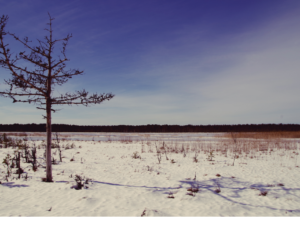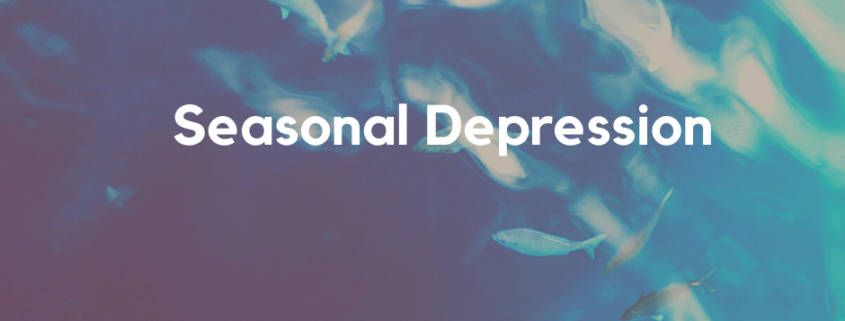Seasonal Depression
With the rush and excitement of the holiday season long gone, the sinking feeling that sometimes comes with shorter, grey 
day starts. Although this may be simply brushed off as “winter blues” it may in fact be a more serious case of seasonal depression otherwise known as Season Affective Disorder (SAD). Although it is not as widely acknowledged as clinical depression, SAD, is a form of depression linked to the changing of seasons. It commonly affects people during the fall and winter seasons, however, there are cases of SAD occurring during the spring or early summer.
There are several factors that may cause seasonal affective depression, these include:
- A Change in Circadian Rhythm (internal clock): With changing seasons comes a change in sunlight exposure (there is a reduction in sunlight in winter, while there is an increase in summer) which may disturb your internal clock.
- Decrease in Serotonin Levels: Since sunlight helps regulate Serotonin levels, the decrease in sunlight during winter may especially affect people with low serotonin levels, further decreasing them.
- Melatonin Levels: With the decrease in sunlight during winter, the body begins to overproduce Melatonin (a sleep hormone), making those who suffer from SAD sluggish.
Common symptoms of SAD include:
- Feeling depressed most of the day
- Loss of interest in activities usually enjoyed
- Low energy
- Sleep disturbance, generally problems oversleeping
- Change in appetite/significant weight gain
- Feeling sluggish or agitated
- Difficulty concentrating
- Feeling hopeless, worthless, or guilty
- Thoughts of suicide or death
To be diagnosed with SAD you must experience at least two years of depression with episodes of depression that occur during seasons of the year and improve during other seasons of the year. SAD occurs more often in women than in men, and in individuals.
Treatment for SAD includes light therapy (daily exposure to bright light usually through a lamp), antidepressant medication, vitamin D supplements (to help address the deficient of vitamin D through lack of sunlight), and/or psychotherapy (cognitive behavioral therapy may be especially helpful).
If you think you have SAD, try to get as much sunlight as possible, exercise, get adequate sleep, meditate, and get support from family and friends. If these strategies are not helpful talk with our primary care physician or consult with a mental health professional by contacting our office.





Leave a Reply
Want to join the discussion?Feel free to contribute!